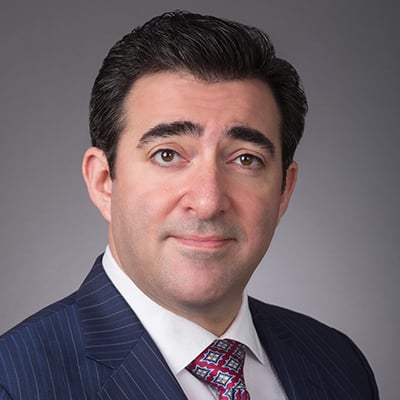Second Circuit Sets Time Limit on Commodities Exchange Claims
The U.S. Court of Appeals for the Second Circuit said for the first time Thursday that the general two-year discovery of injury accrual rule applies to claims made under the Commodities Exchange Act.
The panel—composed of Circuit Judges Ralph Winter and Rosemary Pooler, and U.S. District Court Judge Ronnie Abrams for the Southern District of New York, who was sitting by designation—affirmed the October 2017 dismissal of a number of federal pro se claims, including under the Commodities Exchange Act, by the plaintiff, attorney Susan Levy, by U.S. District Judge Gregory Wood of the Southern District of New York.
On appeal, the panel issued two decisions affirming the dismissal of all of Levy’s claims, including an order dealing specifically with the CEA claims.
Levy’s litigation began after experiencing losses on her investments in platinum futures in 2008. According to Levy’s previous filings, the price declines by the end of 2008 represented “an extraordinary, unprecedented and unjustified sudden collapse,” which resulted in what the panel said was the loss of her entire investment.
Levy first filed suit in April 2012 against six companies involved in the platinum trading market. She claimed the defendants manipulated the value of platinum futures contracts through a pump-and-dump scheme. Levy’s suit was similar enough to get transferred from the Eastern District to the Southern District, where a similar class action was proceeding.
The panel said Levy settled the initial suit without gaining a complete recovery. The suit before them was first filed in September 2015, based on additional claims garnered from the complaint in the parallel suit.
At issue was Levy’s claims that the 2014 class action first made her aware of the conduct in her new suit, as well as the identities. Wood ultimately granted the motion to dismiss filed by the defendants—including BASF, Goldman Sachs, and HSBC—finding her federal claims were time barred.
The panel agreed with Wood, holding for the first time on the application of the discovery rule to CEA claims. The panel said the two-year clock on her claims started when she suffered losses in 2008. Based on her stated understanding that something was seriously amiss at the time, including her belief expressed in her filings that there was “no explanation for this sudden drop in price, other than market distortion due to manipulation,” the panel agreed that the latest claim was time barred.
The panel acknowledged Levy’s argument when it noted that the circuit court has held before that a duty of inquiry may arise. She argued that she was not on inquiry notice of her present CEA claims until the 2014 class action lawsuit. However, as the panel stated, “this is not an inquiry notice case” as Levy had actual knowledge of the CEA injury back in 2008.
Levy did not respond to a request for comment.
BASF was the named defendant in the suit. The company’s legal team on appeal was led by Kirkland & Ellis partner Michael Williams. Neither Williams nor spokeswomen for the company responded immediately to requests for comment.

